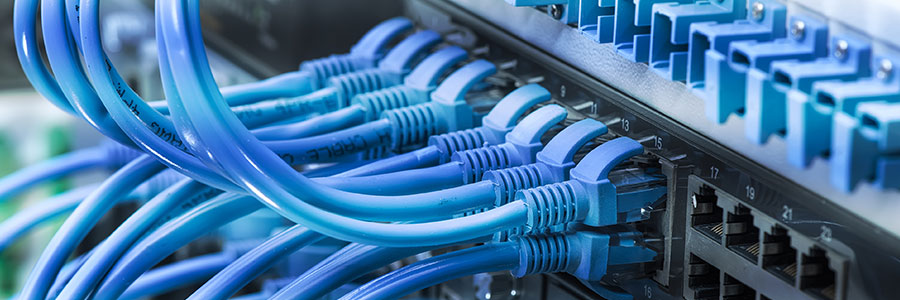In today’s healthcare environment, reliable network performance is absolutely vital. When a network is slow or unreliable, it doesn’t just disrupt day-to-day operations; it can impact patient outcomes, cause delays in diagnosis, and even lead to compliance issues.
This article explores why reliable networks are essential for healthcare providers while also looking at ways you can improve network performance.
Why network performance matters in healthcare
Networks have become the glue that holds the healthcare industry together, with multiple essential roles. Unfortunately, this means network issues can seriously hinder a healthcare organization’s ability to deliver critical services and quality care to patients.
Ensuring access to critical patient data
Healthcare providers depend on seamless network connections to view patient records, medical histories, and test results at a moment’s notice.Network slowdowns or outages disrupt this access, forcing providers to work without vital information or delay treatments. In the worst scenarios, inconsistent networks can even lead to errors that may compromise patient safety.
Enabling seamless communication among staff
Streamlined and consistent communication has always been the linchpin of healthcare facilities, where staff need to work in perfect sync. From secure messaging platforms to VoIP systems, healthcare staff use digital tools to coordinate patient care, relay test results, and manage critical updates. When the network is unreliable, these communication channels falter, slowing down response times and potentially leading to dangerous misunderstandings.
Supporting telemedicine and remote care
Telemedicine has become a recognized and critical part of healthcare delivery. It conveniently allows patients to receive care and consult providers from anywhere with internet access. However, telemedicine sessions depend heavily on reliable network performance for clear video consultations, real-time data sharing, and accurate remote diagnostics. A poor network can result in dropped calls, distorted images and audio, or lost data, frustrating both patients and providers. For patients with chronic conditions or limited mobility, these disruptions can mean missed opportunities for timely care or an inaccurate diagnosis.
Protecting against cybersecurity threats
In healthcare, cybersecurity is paramount due to the sensitive nature of patient data, which makes a reliable network essential for maintaining system security. Slow networks often delay critical security updates, leaving systems exposed to known vulnerabilities and malware. Additionally, inconsistent networks can also disrupt secure data transmission. This can lead to encryption errors or potential exposure of sensitive information.
Meeting compliance standards
Network reliability is a key component in achieving and maintaining compliance with the strict regulations that govern patient privacy and data protection, such as HIPAA. As has been stated, secure, stable connections support encrypted data transmission and storage, which is a key requirement of modern HIPAA standards.
How to improve network performance
There are several ways to improve network performance.
Upgrade network infrastructure
Outdated hardware can cause slow network speeds and frequent disruptions. To get better performance from your network, consider upgrading key components such as routers, switches, and firewalls to newer, more powerful models. These modern devices can better handle healthcare’s immense volume of data and ensure a more reliable network.
Optimize network configuration
Configuring the network correctly is key to reducing congestion and boosting performance. One effective approach is to segment the network, which means separating different types of traffic. For example, prioritizing critical services such as patient record access or telemedicine provides these systems with the bandwidth they need. Managed IT services can help fine-tune these settings, further ensuring that data flows smoothly and efficiently across the network, reducing delays and improving overall performance.
Bolster network security
Improving network security can directly and positively impact network reliability. When security measures are properly implemented, they help prevent disruptions that can slow down or destabilize the network. For example, timely security patches and updates keep systems efficient and secure, reducing the chances of slowdowns caused by vulnerabilities. Regular security audits can also help identify potential issues before they affect performance.
Get professional network assistance
When it comes to improving network performance, achieving optimal results requires professional expertise. From upgrading infrastructure to calibrating configurations and enhancing security, having an experienced IT partner can ensure that your network can meet the demands of modern healthcare. Trust the experts at Refresh Technologies to help you build a reliable, high-performing network. Contact us today to get started.
